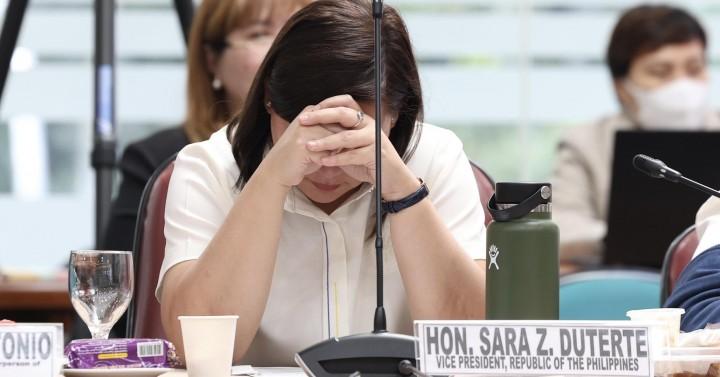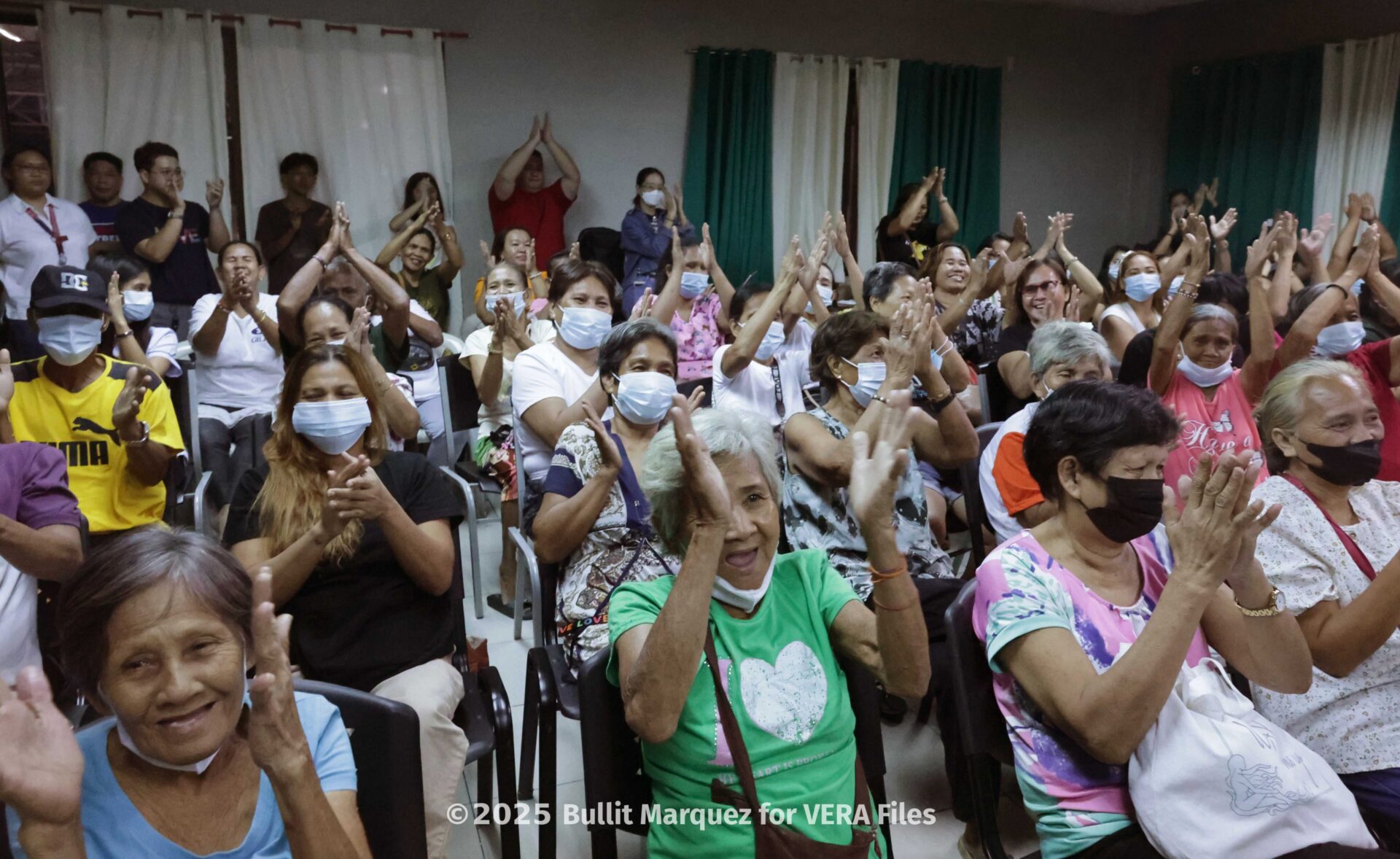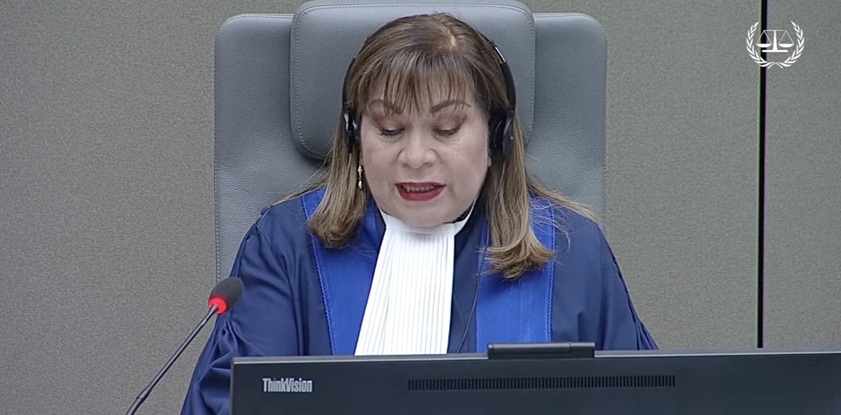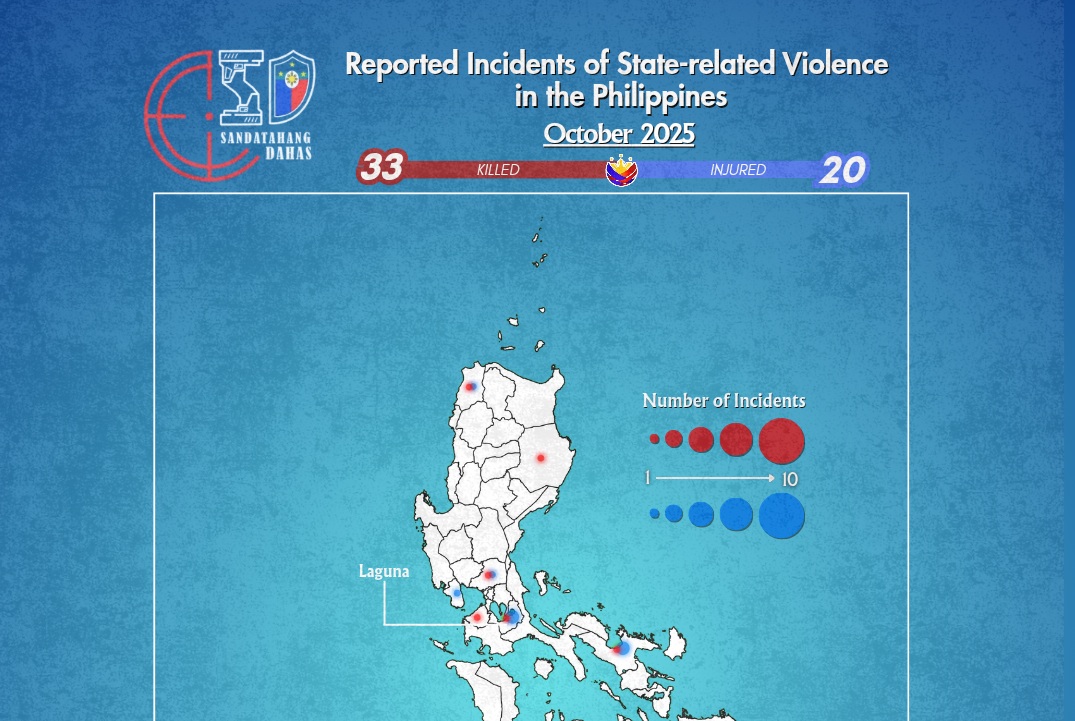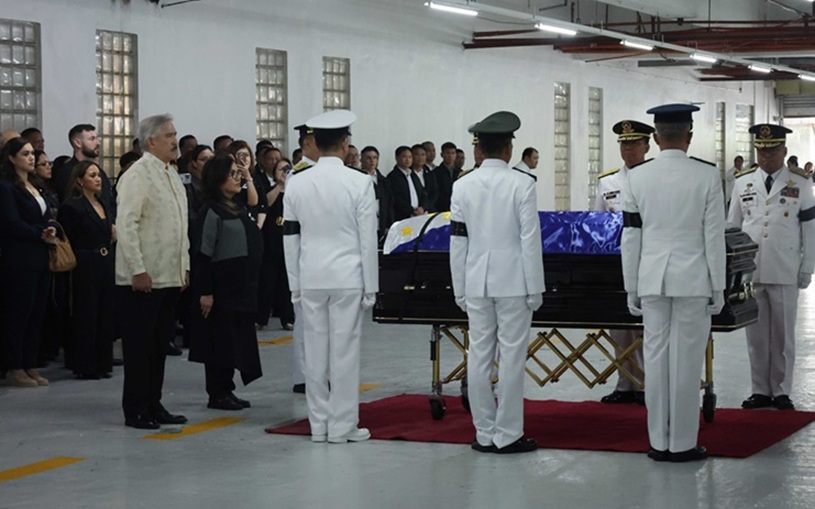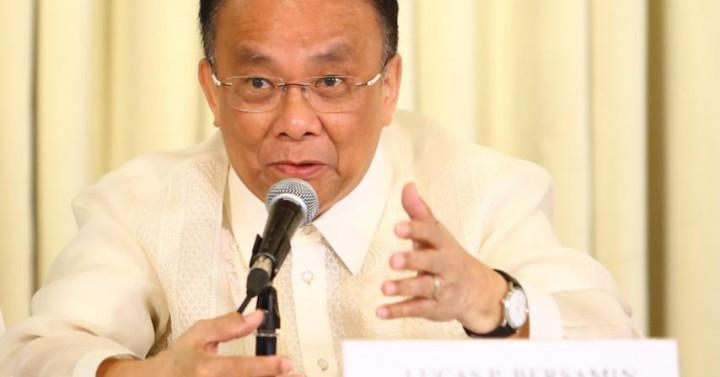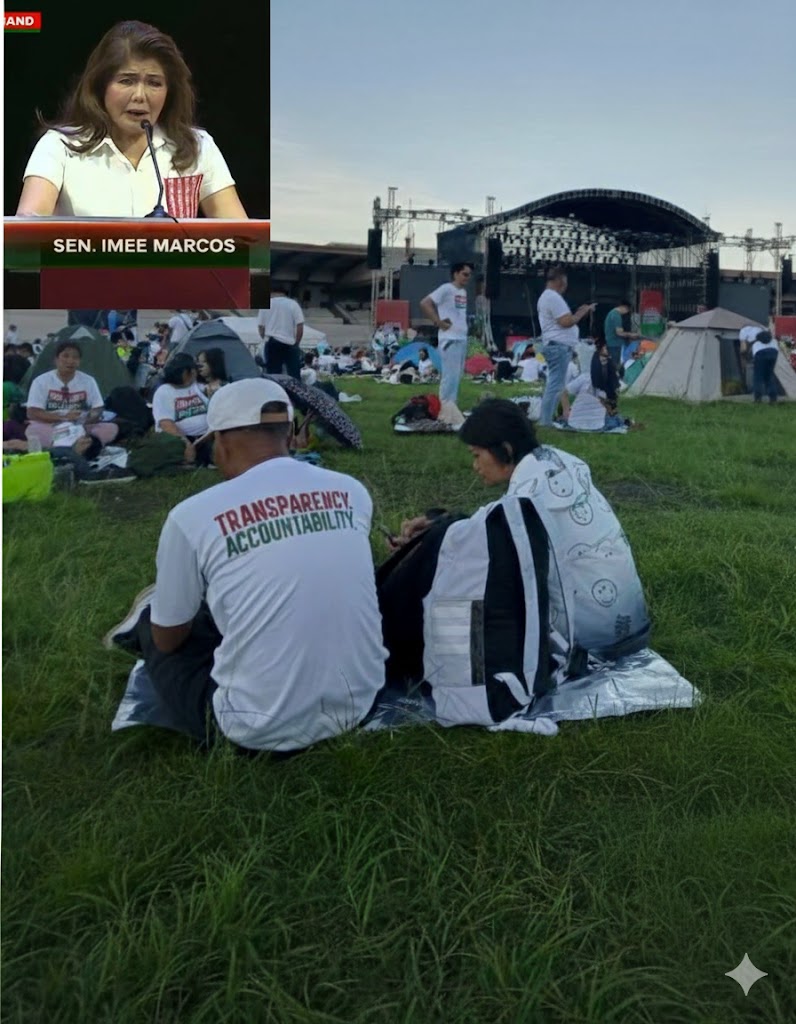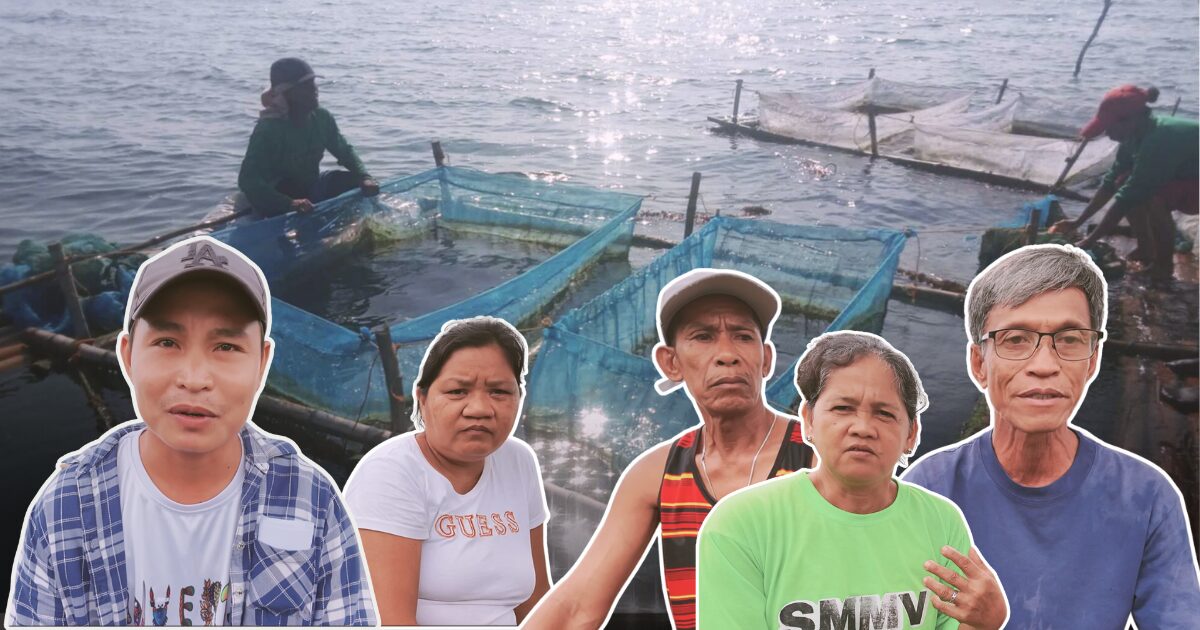Ready for what, exactly, VP Sara?
Filipinos are tired of leaders who demand trust yet refuse transparency, who promise accountability yet shield their own, who speak of readiness yet offer no vision beyond survival and spite. If Sara Duterte insists she is "ready," the public has every right to ask: ready for what — another round of secrecy, showmanship and selective outrage?
